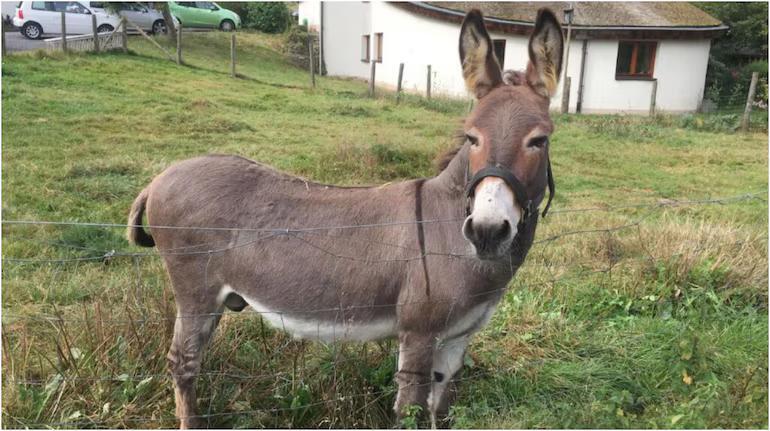
Donkey Prices Surge in Pakistan Amid Increasing Demand from China
Pakistan is facing a sudden surge in donkey prices amid a growing demand from China to source them for its multi-billion-dollar ejiao industry. Ejiao, a gelatin derived from donkey hide, is a highly sought-after ingredient in traditional Chinese medicine, and China’s demand for donkeys has skyrocketed in recent years.
The sudden increase in demand has led to a significant hike in donkey prices, leaving poor farmers and donkey cart owners in a precarious situation. According to a report by PTI, a Pakistani donkey cart owner, Muhammad Iqbal, lamented, “A donkey now costs around PKR 2,00,000 (approximately USD 12,000), way too high than PKR 30,000 I paid to buy Tiger (his recently deceased donkey) eight years ago.”
The ejiao industry is a significant contributor to China’s economy, with the country producing over 100,000 tons of ejiao per year. However, China’s domestic donkey population is dwindling due to disease and over-reliance on imported donkeys. This has led to a surge in demand for Pakistani donkeys, which are considered to be of high quality and suitable for the industry.
Pakistan’s donkey population is estimated to be around 1.5 million, with the majority being small, local breeds. While the demand for donkeys has always been present, the sudden increase in prices has caught many farmers and donkey owners off guard. “We never thought the prices would go up so high,” said Iqbal. “We’re struggling to make ends meet, and the high prices are making it difficult for us to maintain our livelihood.”
The ejiao industry is not only impacting the lives of Pakistani farmers and donkey owners but also the country’s economy. The industry is expected to generate significant revenue for Pakistan, which is facing economic challenges due to the ongoing COVID-19 pandemic. However, the sudden increase in prices has raised concerns about the sustainability of the industry and its impact on the local economy.
The government has taken steps to regulate the donkey trade and ensure that farmers and donkey owners are protected from exploitation. The Ministry of Agriculture has established a committee to monitor the trade and ensure that the prices are fair and reasonable. However, more needs to be done to address the concerns of farmers and donkey owners, who are struggling to cope with the sudden increase in prices.
In addition to the economic impact, the surge in demand for donkeys has also raised concerns about animal welfare. The industry is heavily reliant on the export of live donkeys, which can be traumatic for the animals. There are also concerns about the treatment of donkeys during transportation and the conditions in which they are kept in China.
The Chinese government has been criticized for its handling of the ejiao industry, with many accusing it of prioritizing profits over animal welfare. However, the government has taken steps to improve the welfare of donkeys, including the establishment of breeding centers and the implementation of stricter regulations on the trade.
In conclusion, the sudden surge in donkey prices in Pakistan amid increasing demand from China’s ejiao industry has significant implications for the country’s economy and animal welfare. While the industry has the potential to generate significant revenue for Pakistan, it is essential that the government takes steps to ensure that farmers and donkey owners are protected from exploitation and that animal welfare standards are upheld.






